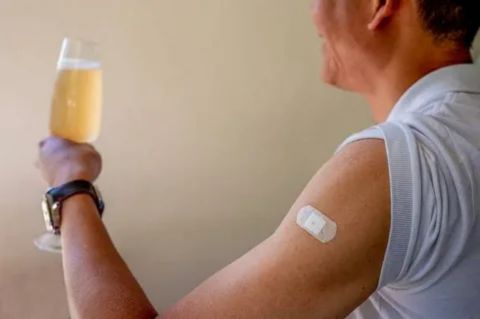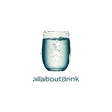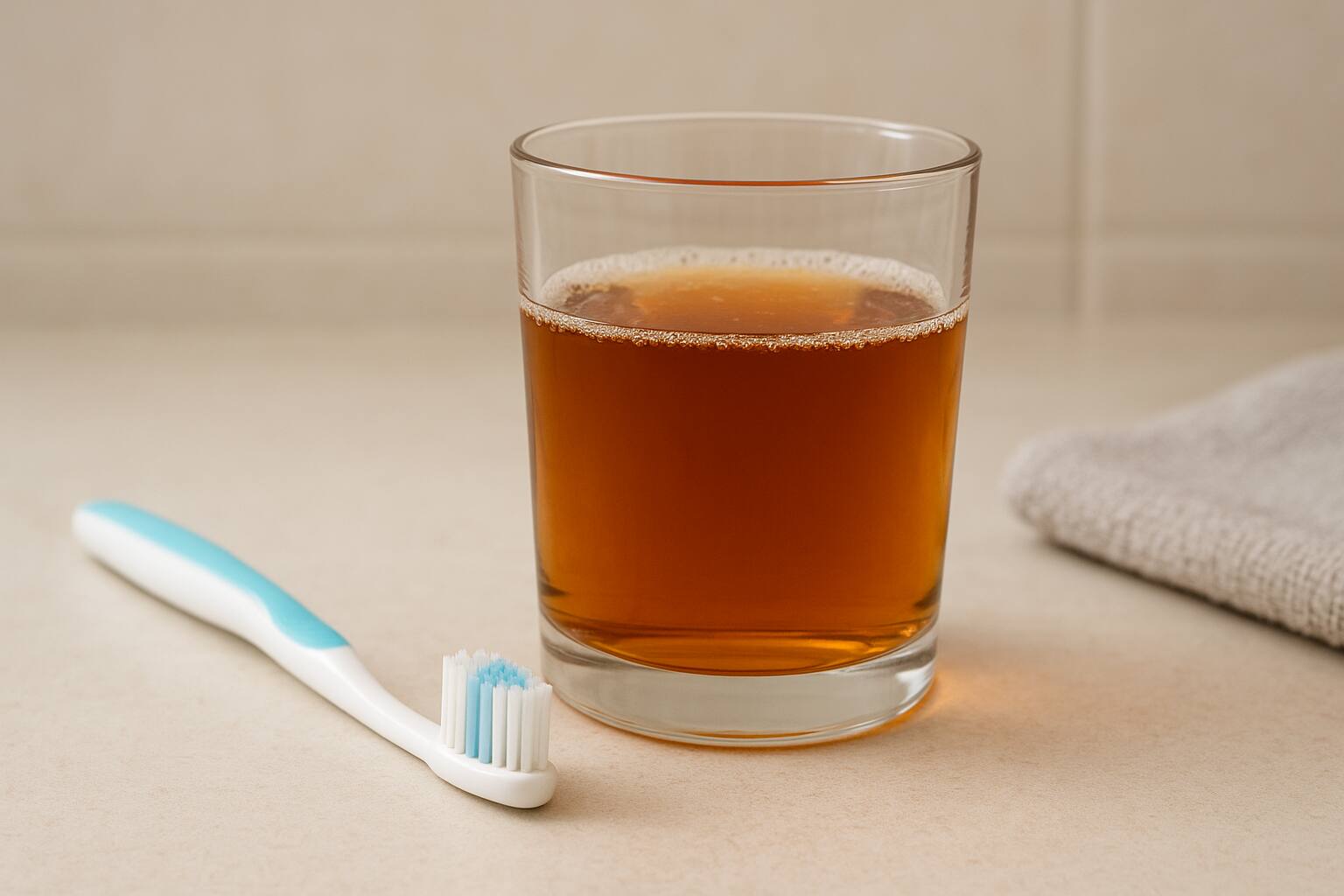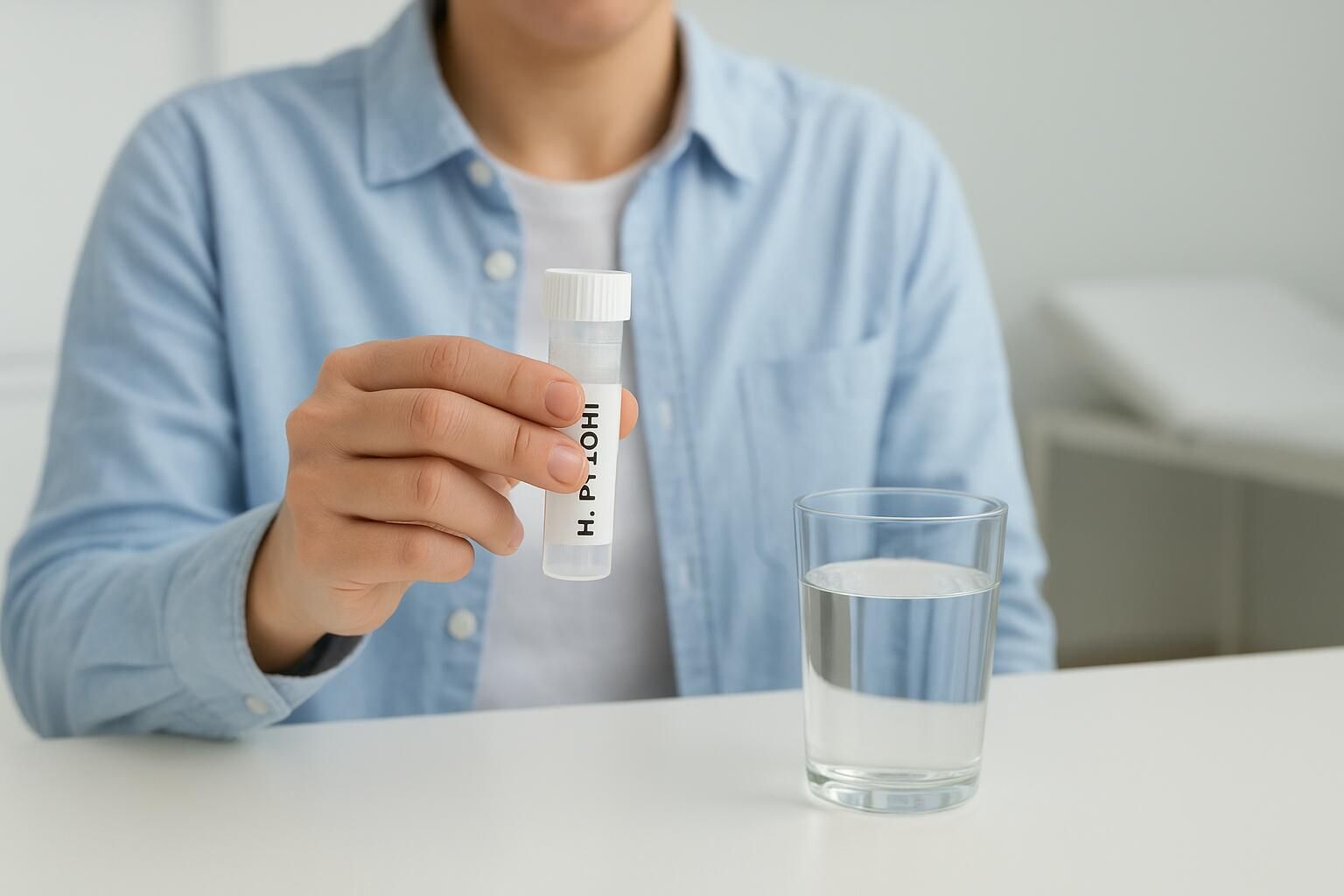After having a stent fitted, you can usually drink alcohol in moderation once your doctor approves and recovery is complete. However, excessive drinking can interfere with your medications, raise blood pressure, and increase the risk of further heart complications.
Always wait until your cardiologist confirms it’s safe, and stick to moderate amounts — ideally one drink a day or less.
Understanding Your Stent and Heart Recovery
When you have a heart stent fitted, it’s to reopen a blocked artery and restore blood flow to your heart. Recovery is vital, and it’s normal to wonder when you can safely drink alcohol again. After stent placement, your artery needs time to heal as tissue grows around the stent. During this period, doctors prescribe blood-thinning medications to prevent clots — and drinking alcohol too soon can interfere with these drugs, raise blood pressure, and increase bleeding risks.
Most doctors advise avoiding alcohol until your follow-up confirms stable recovery. Even afterward, moderation is key — usually one drink per day for women and up to two for men, though this varies by medication. Focus on medication adherence, a heart-healthy diet, and blood pressure control first. Once cleared by your cardiologist, light to moderate drinking may be safe as part of your long-term heart care plan.

Alcohol’s Effects on the Heart and Stent-Related Medications
After having a stent fitted, your doctor likely prescribed blood-thinning medications such as clopidogrel, aspirin, or ticagrelor. These drugs prevent clots from forming around the stent — a critical part of recovery. However, alcohol can interfere with how these medications work. Mixing alcohol with blood thinners increases the risk of bleeding, bruising, and even gastrointestinal ulcers.
Beyond medication concerns, alcohol itself can raise blood pressure and cause irregular heart rhythms, putting extra strain on your cardiovascular system. While small amounts — like an occasional glass of wine — may offer some antioxidant benefits, the risks usually outweigh the rewards right after stent placement.
Doctors generally recommend avoiding alcohol completely for at least a few weeks after your procedure. Once you’re cleared to drink, do so responsibly and in moderation. Always check with your cardiologist to ensure it’s safe based on your specific medication and heart condition.

When Is It Safe to Drink Alcohol After a Stent?
| Factor | Details & Recommendations |
|---|---|
| Recommended waiting period | Wait at least 4–6 weeks after your stent procedure before consuming alcohol. |
| Reason for waiting | This allows the artery to heal and ensures your heart medications work effectively. |
| Medication interaction | Alcohol can interfere with antiplatelet drugs or other heart medicines, increasing bleeding or clot risks. |
| Safe consumption | After your cardiologist confirms recovery, occasional light drinking (like one glass of wine with a meal) may be acceptable. |
| Doctor’s advice | Always consult your cardiologist before drinking again to make sure it won’t affect your heart health. |
Moderation and Heart Health: What Experts Recommend
Once you’ve recovered and received medical clearance, moderate alcohol intake may fit safely into your lifestyle. Experts typically define moderation as up to one drink per day for women and two for men, though your doctor may recommend stricter limits depending on your condition.
Light to moderate drinking, particularly red wine, has been linked to potential heart benefits due to antioxidants like resveratrol, which may support healthy cholesterol levels. However, exceeding these limits can raise blood pressure, trigger irregular heartbeats, and increase triglycerides — all harmful after stent placement.
Ultimately, moderation means knowing your limits and prioritizing heart-friendly habits like regular exercise, balanced nutrition, and routine checkups over relying on alcohol for cardiovascular benefits.

Potential Risks of Drinking Alcohol After a Stent
Drinking alcohol after having a stent fitted carries several risks, especially if done too soon. Alcohol can thin the blood further, heightening the risk of internal bleeding when combined with medications like aspirin or clopidogrel. It can also raise blood pressure and strain your heart, which slows recovery and increases the likelihood of complications.
For those with a history of heart attack or high cholesterol, even moderate alcohol use may interfere with long-term treatment goals. Heavy drinking, in particular, can lead to inflammation of blood vessels and damage to the liver — both of which hinder your body’s ability to heal and manage medications properly. Always prioritize your heart health by discussing alcohol use openly with your doctor before drinking again.
Healthy Lifestyle Tips After Stent Placement
| Category | Tips & Recommendations |
|---|---|
| Diet | Eat a balanced diet rich in fruits, vegetables, lean proteins, and whole grains. Avoid processed foods, saturated fats, and excess salt to maintain healthy blood pressure and cholesterol. |
| Exercise | Engage in light to moderate physical activity (like brisk walking or cycling) as approved by your cardiologist to strengthen heart function and improve circulation. |
| Stress Management | Practice meditation, deep breathing, or yoga, and ensure adequate sleep to lower stress levels and support heart recovery. |
| Avoid Smoking & Alcohol | Quit smoking completely and limit alcohol intake, as both can delay healing and increase heart risks. |
| Medication & Follow-up | Take prescribed medications regularly and attend follow-up appointments to track recovery and prevent complications. |
Alcohol Alternatives for Heart Health
If you’re advised to limit or avoid alcohol after a stent, there are plenty of healthier alternatives that support your heart. Herbal teas, such as hibiscus or green tea, provide antioxidants that promote circulation and reduce inflammation. Sparkling water with lemon or pomegranate juice offers a refreshing, heart-friendly option without alcohol’s side effects.
You can also enjoy non-alcoholic wines or mocktails made with fresh fruits and herbs for a social experience without the risks. These drinks hydrate your body and deliver beneficial nutrients. Staying hydrated with water throughout the day supports your cardiovascular system and helps regulate blood pressure. Choosing these alternatives allows you to protect your heart while still enjoying flavorful, satisfying beverages during recovery and beyond.
FAQs About Drinking Alcohol After Having a Stent Fitted
1. Can I drink alcohol immediately after having a stent fitted?
No, you should avoid alcohol for at least four to six weeks after your procedure. Your body needs time to heal, and alcohol can interfere with medications and slow recovery.
2. Will drinking alcohol affect my blood-thinning medication?
Yes. Alcohol can increase the effects of blood thinners like aspirin or clopidogrel, raising your risk of bleeding or bruising. Always consult your doctor before consuming alcohol while on these medications.
3. Is red wine good for the heart after a stent?
While red wine contains antioxidants like resveratrol, it should only be consumed in moderation and with medical approval. The benefits do not outweigh the risks if taken excessively.
4. How much alcohol is safe after a stent?
Most cardiologists recommend no more than one drink per day for women and two for men, provided your recovery is stable and your doctor approves.
5. What happens if I drink too soon after a stent procedure?
Drinking too early can increase bleeding risk, elevate blood pressure, and strain your heart, potentially causing complications with your recovery or stent function.
6. Can alcohol cause restenosis (stent re-narrowing)?
Excessive drinking may contribute to inflammation and poor cardiovascular control, indirectly increasing the risk of restenosis. Staying within safe drinking limits helps maintain your stent’s long-term success.





